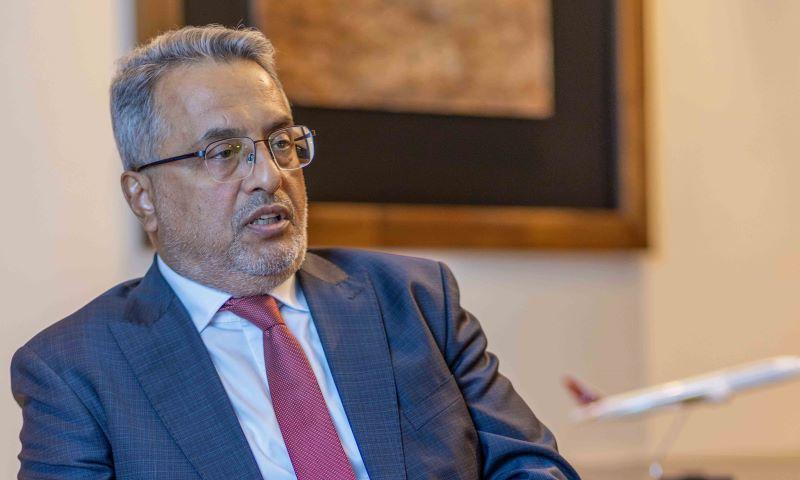
Turkish Airlines Chairman Ahmet Bolat
Credit: Turkish Airlines
DUBAI—Turkish Airlines is targeting 2027 for its LCC subsidiary AJet to have 90% of its fleet comprised of next generation Airbus A320neo and Boeing 737 MAX aircraft. AJet, which launched operations in April, replaced AnadoluJet. “At AJet, we are changing our management style,” Turkish Airlines...
Subscription Required
Turkish LCC AJet Targets 90% Next Generation Aircraft Fleet By 2027 is published in Aviation Daily, an Aviation Week Intelligence Network (AWIN) Market Briefing and is included with your AWIN membership.
Already a member of AWIN or subscribe to Aviation Daily through your company? Login with your existing email and password
Not a member? Learn how to access the market intelligence and data you need to stay abreast of what's happening in the air transport community.





